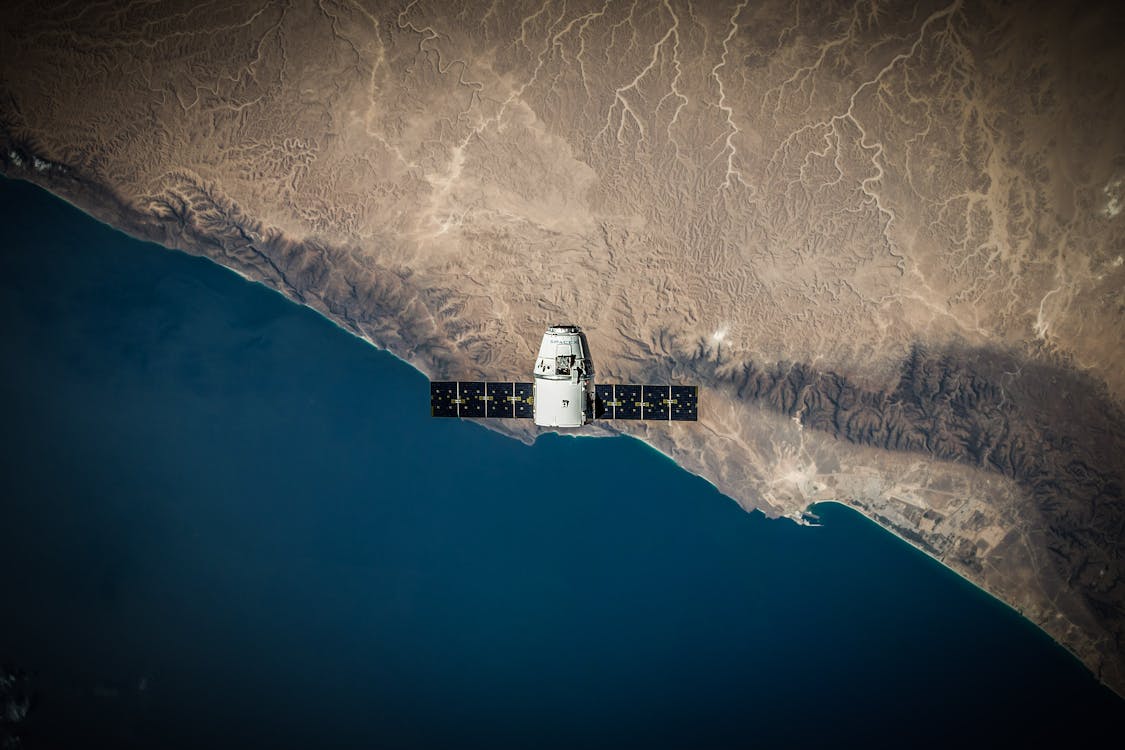The Shenzhou-18 spacecraft has just connected to the Chinese Tiangong Station in space
Apr 26, 2024
Ulaanbaatar [Mongolia], April 26: At 20:59 (local time), the Long March-2F booster carrying the Shenzhou-18 spacecraft left the Jiuquan Satellite Launch Center in the Gobi Desert, northwest China .
By dawn this morning (April 26), Xinhua news agency quoted an announcement from the China Manned Space Agency (CMSA) saying that the ship had successfully connected with Thien Cung Station .
Leading the Shenzhou-18 mission is astronaut Ye Guangfu, who participated in the Shenzhou-13 mission in 2021. The other two members are first-time astronauts Li Cong and Li Guangsu.
Xinhua news agency reported that the launch was a complete success. The astronauts will stay at Tiangong Station for 6 months. Here, they plan to conduct experiments in the fields of fundamental physics in microgravity conditions, space materials science, space life science, medicine and space technology, according to CMSA.
Astronauts will also try creating aquariums on the station.
"Not only will astronauts find joy in raising fish, but this could also pave the way for their future colleagues to enjoy nutritious fish in space," CMSA added.
After Shenzhou-18 receives the space station, the Shenzhou-17 mission crew, arriving at the station in October 2023, will return to the ground.
Since 2011, China has been excluded from the International Space Station (ISS) under a US ban, forcing Beijing to develop its own space station in orbit and name it Thien Cung.
Thien Cung station will be completed in 2022 and will continuously have a crew of 3 permanent crew on the station. China plans to anchor the Thien Cung station in low earth orbit, from an altitude of 400 to 450 km above the ground, for at least 10 years.
Source: Thanh Nien Newspaper








